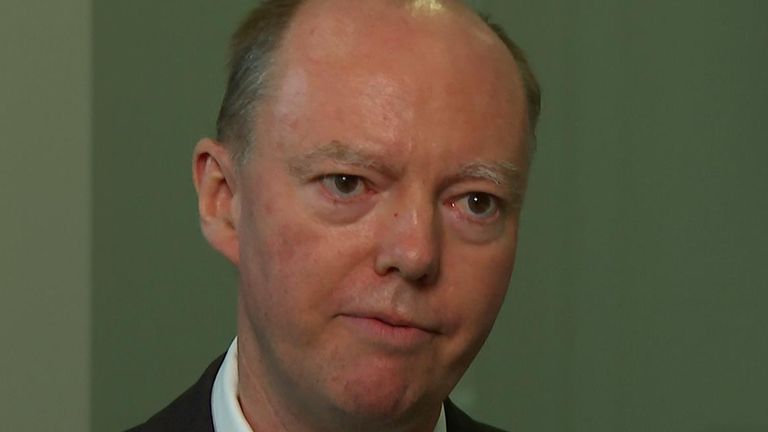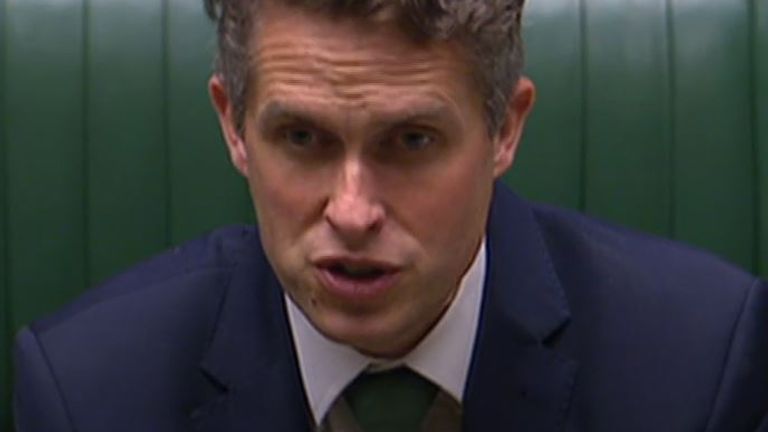The reopening of schools will “put pressure” on the R number and could lead to the closure of pubs and shops at a local level, the chief medical officer for England has said.
Professor Chris Whitty acknowledged the government is having to “balance risks” in relation to whether children should return to their education during the outbreak, but added he believes pupils are more likely to be “harmed by not going than by going, even during this pandemic”.
Mr Whitty, who is the chief medical adviser to the UK government, said: “The first thing to say is that the evidence that not going to school damages children in the long run is overwhelming and that includes their long-term chances.
“It increases the risks of disparities, it entrenches deep-rooted problems that people may have, it increases the risk that they have mental and physical ill health in the long run.
He added: “The chances of many children being damaged by not going to school are incredibly clear and therefore the balance of risk is very strongly in favour of children going to school because many more are likely to be harmed by not going than harmed by going, even during this pandemic.”
Mr Whitty also said there is “overwhelming clear evidence that the chances of children dying from COVID are incredibly small” as he aimed to address parents’ concerns over the health risks of children returning to school.
He added “there’s some evidence that children, particularly in primary school, are actually less likely to catch COVID in the first place”.
Mr Whitty said: “There’s also very clear evidence from the UK and around the world that children much less commonly get a severe illness and end up having to be hospitalised if they get symptomatic COVID at probably a rate of less than a tenth of the general population.”
Mr Whitty has been joined by the chief medical officers and deputy chief medical officers for Scotland, Northern Ireland and Wales in saying children should return to school during the pandemic.
The chief medical officer for England acknowledged that children will undoubtedly bring households together who wouldn’t come into contact if schools were closed.
He added some of this will happen directly as children from households will meet, but it was also happen indirectly as it will free up some people to go to work.
:: Listen to the Daily podcast on Apple Podcasts, Google Podcasts, Spotify, Spreaker
Mr Whitty said: “By opening schools, which I think everybody agrees is absolutely essential for the education of children, we are going to bring households together who not otherwise be together.
“The result of that is that it will create some upward pressure on the R, it may increase it… if that happens we will have to respond.”
The R number is a measure of how many people on average each infected person transmits the virus on to.
Mr Whitty said it is possible other areas of society will face restrictions in order to keep schools open.
He said the aim will be for these measures to be put in place locally to target areas where there has been a surge in transmission.
Mr Whitty continued: “If it was shops in a particular area we would need to look at shops, if it was hospitality, we would need to look at hospitality.”
He added: “But I do want to be really clear, even with all the information we have got now, even with all the tools we have at our disposal now, we have still got a really serious challenge of coronavirus for at least the next nine months.”
Meanwhile, the World Health Organisation has said children aged 12 and over should wear masks when they cannot guarantee social distancing of at least one metre to limit the spread of the virus.
Children between six and 11 should use them on a “risk-based approach”, the global body added.


